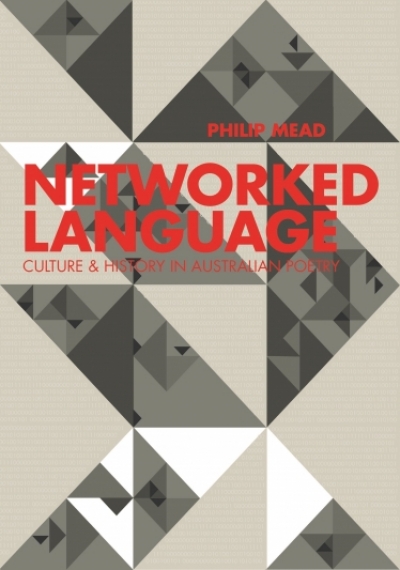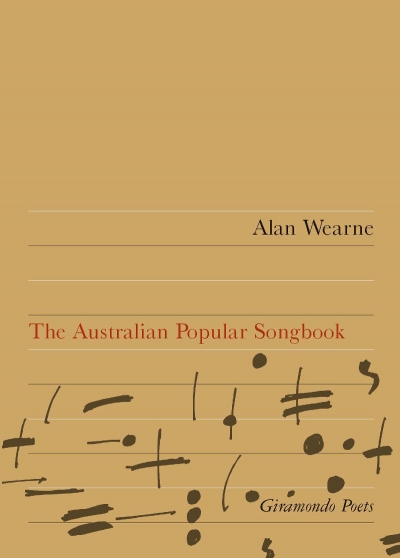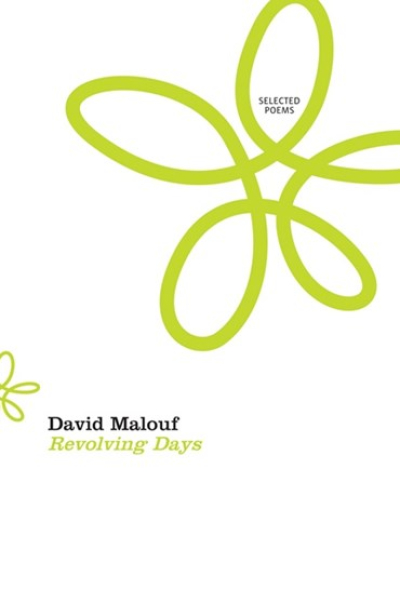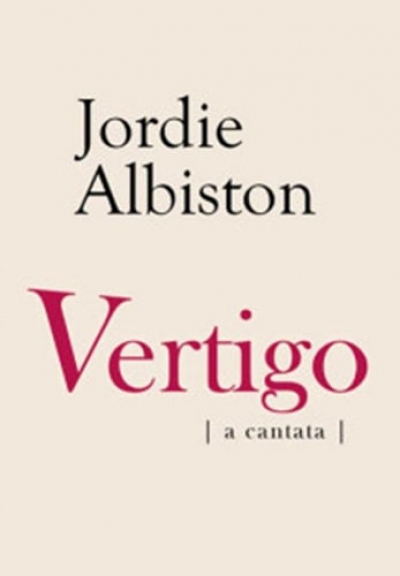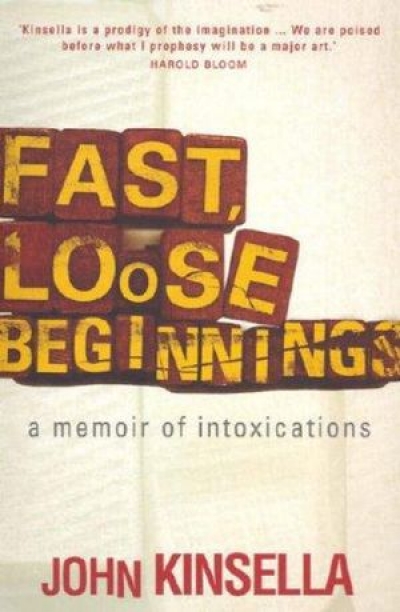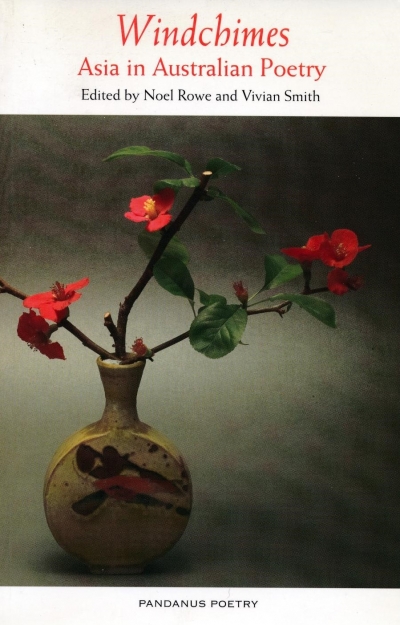David McCooey
Networked Language: Culture & history in Australian poetry by Philip Mead
Vertigo edited by Jordie Albiston & Awake Despite the Hour by Paul Mitchell
Dennis Altman
In any given year we will read but a tiny handful of potential ‘best books’, so this is no more than a personal selection. Here are two novels that stand out: Stephen Eldred-Grigg’s Shanghai Boy (Vintage) and Hari Kunzru’s Tranmission (Penguin). Both speak of the confusion of identity and emotions caused by rapid displacement across the world. The first is the account of a middle-aged New Zealand teacher who falls disastrously in love while teaching in Shanghai. Transmission takes a naïve young Indian computer programmer to the United States, with remarkable consequences. From a number of political books, let me select two, both from my own publisher, Scribe, which offers, I regret, no kickbacks. One is George Megalogenis’s The Longest Decade; the other, James Carroll’s House of War. Together they provide a depressing but challenging backdrop to understanding the current impasse of the Bush–Howard administrations in Iraq.
... (read more)daily toil in the fields of light.
They never question our wishes.
They can fail, but not misunderstand.
They are our strangeness that we are blind to.
At night they lie like maimed spiders
or star fish swept to shore. They know
about love as much as mouths and eyes.
Throughout the day, they give the mouth ... (read more)
Fast, Loose Beginnings: A memoir of intoxications by John Kinsella
Space edited by Anthony Lynch and David McCooey & Island 105 edited by Gina Mercer
Windchimes: Asia in Australian Poetry edited by Noel Rowe and Vivian Smith
Autobiography is based on a paradox. It is a generic representation of identity, but identity and genre appear to be antithetical. If we conventionally think of our identity as unique (singular, autonomous and self-made), how then can the presentation of that identity be generic? How, when narrating our lives, can we be both singular and understandable? Does narrating a life presuppose a way of writing (that is, a genre) that will make it recognisable as a story of a life? And how individual can we be, given that we are social animals? We live in families, form attachments and belong to institutions. How much is identity a case of identifying with others?
... (read more)
